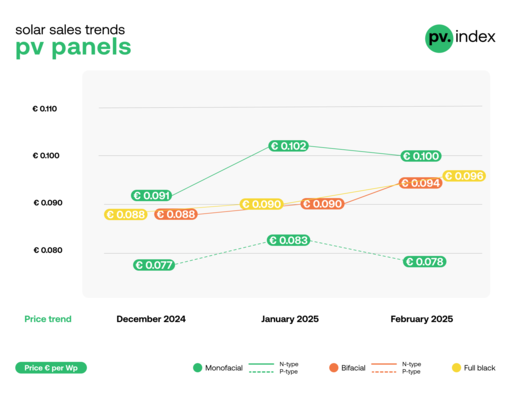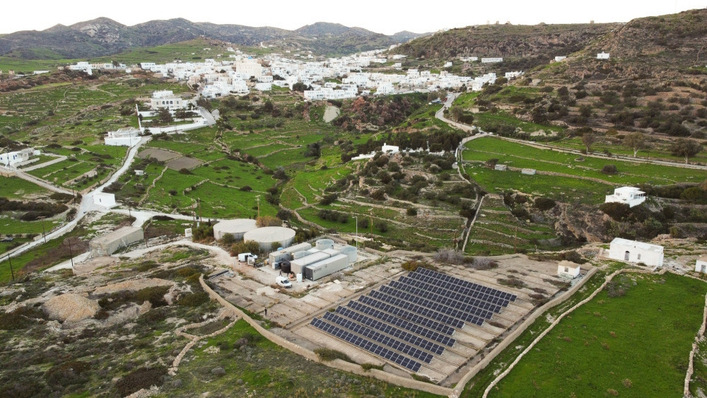What is your take on the recent blackouts in Spain and Portugal?
The blackouts in Spain and Portugal raise questions about the resilience and flexibility of their electricity grids. While various reasons for the blackouts have been discussed, in my view the most likely cause is that the blackout may have been caused by a lack of preparation for the sudden fluctuations in renewable energy that could have triggered the total blackout.
Could similar scenarios occur in other countries in the near future?
Of course, such situations are likely to recur in the future unless appropriate solutions are found here and now. What we have seen in Spain and Portugal can be seen as a good example of the importance of energy storage solutions, which can not only avoid energy waste but also be the key to a more stable and reliable energy system.
In your view, what are the main causes of blackouts in modern grids?
Imagine that one day, in a matter of seconds or even milliseconds, a certain number of renewable energy sources – solar or wind power plants – that are producing a significant amount of energy, suddenly shut down and do not produce as much electricity as they should. This would change the frequency of the electricity grid and increase the strain on the remaining sources, such as hydroelectricity, as the country's electricity consumption would exceed its production. This creates a chain reaction. If the frequency is too high, the weakest remaining source of power is the first to be switched off. After it is switched off, the difference between consumption and generation increases even more, so the next source is switched off, and then the next, until there are no more sources feeding into the grid.
What happens when too much energy is produced and fed into the grid?
It could also be the other way round: production starts to exceed consumption and the frequency increases. Every generating plant on the grid has its own limits, safety margins, within which it can operate. And when those limits are reached, power plant shut down automaticly.
Are frequency-based safeguards alone insufficient to prevent blackouts?
However, when electricity production exceeds consumption – for example, due to intensive solar or wind generation – unpleasant situations associated with blackouts can be easily avoided by balancing electricity.
Does every grid with a high share of variable renewables require buffer storage?
Electricity storage – battery systems – can be an excellent way of stabilizing a grid. They store excess energy when production exceeds consumption and release stored energy back into the grid when consumption exceeds production or when any kind of disturbances occur. This flexibility allows the voltage and frequency of the grid to be kept within the right parameters, which is essential for its stability.
Can widespread, grid-friendly storage systems effectively eliminate the risk of blackouts?
To avoid future power outages like the current ones in Spain and Portugal, we need to increase the number of providers in the balancing energy market. If the power outages in Spain and Portugal are indeed caused by unbalanced power distribution, there are not enough active balancing energy providers there to compensate for peak loads and load deficits. Electricity storage systems as balancing energy providers keep the power grid in balance in real time, CO2-free. This requires a combination of modern, intelligent control systems with smart software and high-capacity energy storage systems.
Are we building an energy system that’s green but vulnerable?
The recent blackouts in Spain and Portugal show that countries must prioritize not only energy balancing, but also the security and reliability of the software running renewable energy systems. As much of this infrastructure depends on foreign hardware and software, the risk of cyber-attacks and remote disruptions is real. Trusted systems are vital for real-time monitoring, automated response, and secure control across the grid. A green energy future must also be smart, resilient, adaptive, and protected by reliable software at its core.
Interview by Manfred Gorgus








